Informing and engaging citizens
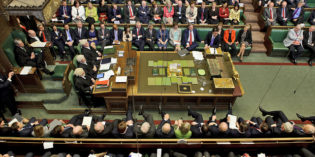
Should we just leave the selection of the party leader to MPs?
From 1922-1980, Labour leaders were elected by MPs in a secret ballot. While there are superficially attractive reasons for the increased trend towards democratising party leadership elections, Richard Johnson questions whether it has really given us better value and proposes that we should reconsider the merits of leaving party leadership selection to Labour MPs. More […]

The ultimate causes of Brexit: history, culture, and geography
Xenophobia, austerity, and dissatisfaction with politics may have contributed to the Brexit vote. But James Dennison and Noah Carl write that, although a number of concerns may have tipped the balance, Brexit was ultimately decided by more than recent events. Here, they demonstrate how the UK has been the least well-integrated EU member state, and so the […]
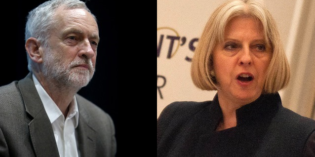
The internal democracy dilemma: Balancing MP and member preferences in leadership selection
The resignations and leadership challenges in the wake of the Brexit vote have reignited debates around intra-party democracy. Tom Quinn offers an overview of the selection processes in the four main UK-wide parties and outlines both the challenge and importance of balancing MP and membership approval. Similar PostsHow democratic are the UK’s political parties and party […]

Disappointed? That’s a sign you’re doing democracy
There has been surge in party membership in the weeks following Brexit and Will Brett welcomes the renewed engagement as a possible first step towards rebuilding the consent required for a functioning representative democracy. However, he warns that party politics requires patience and a willingness to compromise, and makes a plea to new members not […]

Cuba’s Communist Party would thrive under democracy, but only if it gives up power soon
Cuba has been under communist rule since Fidel Castro overthrew Fulgencio Batista in 1959. After many years of international isolation and a trade embargo begun in the 1960s, President Obama last year ‘normalised’ relations with the country, creating potential for an eventual transition to democracy. Here, James Loxton argues that the Cuban Communist Party would […]
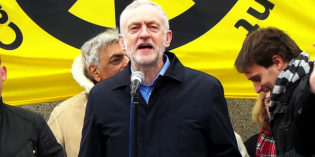
Open Letter to Jeremy Corbyn: Grassroots movements have a place, but they are not the key task of parliamentary opposition
As Labour gears up for another leadership contest, Anne Power makes an appeal to Jeremy Corbyn to stand down as leader of the opposition. She writes that although she respects him as a good local MP, his divisiveness in the PLP and weak performance during the Brexit campaign indicate he is unsuited to leading the […]

The Brexit paradox: Direct democracy is a flawed route to reviving sovereignty
Rhetoric around parliamentary sovereignty and “taking back control” became a recurring theme in the Leave Campaign. But Panagiotis Doudonis argues that there is a contradiction in using a referendum – a coercive, direct democracy device – to reclaim parliamentary sovereignty, which has its foundations in representative democracy. Similar PostsLong Read: Brexit, the Referendum and the […]
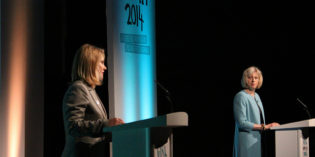
Theresa May – a well-prepared geographer’s uneventful climb to the top
Theresa May is the UK’s new Prime Minister, with David Cameron having stepped down following what Alun Wyburn-Powell, here, describes as one of the ‘greatest unforced political errors in British history’ in calling and losing a referendum on the UK’s EU membership. But what might we expect from his successor? Given her age, experience, and political […]


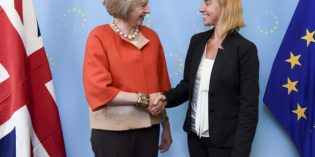

 Democratic Audit's core funding is provided by the Joseph Rowntree Charitable Trust. Additional funding is provided by the London School of Economics.
Democratic Audit's core funding is provided by the Joseph Rowntree Charitable Trust. Additional funding is provided by the London School of Economics.